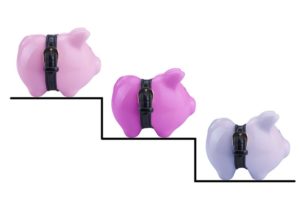Fraudsters are taking advantage of taxpayers who may be due a tax refund following the end of the 2017-18 tax year. HMRC is currently processing tax refunds, but the fraudsters are trying to get one step ahead. They do this by sending out scam emails and SMS-messages claiming to be from HMRC. Usually the messages include a click-through link to a replica of the HMRC website where the fraudsters then try and steal the credit or debit card details of unwitting taxpayers.
HMRC has confirmed that as recently as March of this year it requested 2,672 phishing websites be taken down and received 84,549 phishing reports. These phishing events are expected to increase over the coming months as more and more genuine tax refunds are issued. HMRC continues to work to block these approaches but the problem seems to continue year on year as the fraudsters develop new ways to try and outfox HMRC.
Treasury Minister Mel Stride MP, the Financial Secretary to the Treasury, said:
‘HMRC only informs you about tax refunds through the post or through your pay via your employer. All emails, text messages, or voicemail messages saying you have a tax refund are a scam. Do not click on any links in these messages, and forward them to HMRC’s phishing email address and phone number.
We know that criminals will try and use events like the end of the financial year, the self-assessment deadline, and the issuing of tax refunds to target the public and attempt to get them to reveal their personal data. It is important to be alert to the danger.’
Any of our readers who are unsure as to the authenticity of any email or SMS purporting to be from HMRC should avoid clicking on any links until satisfied that the communication is legitimate.







